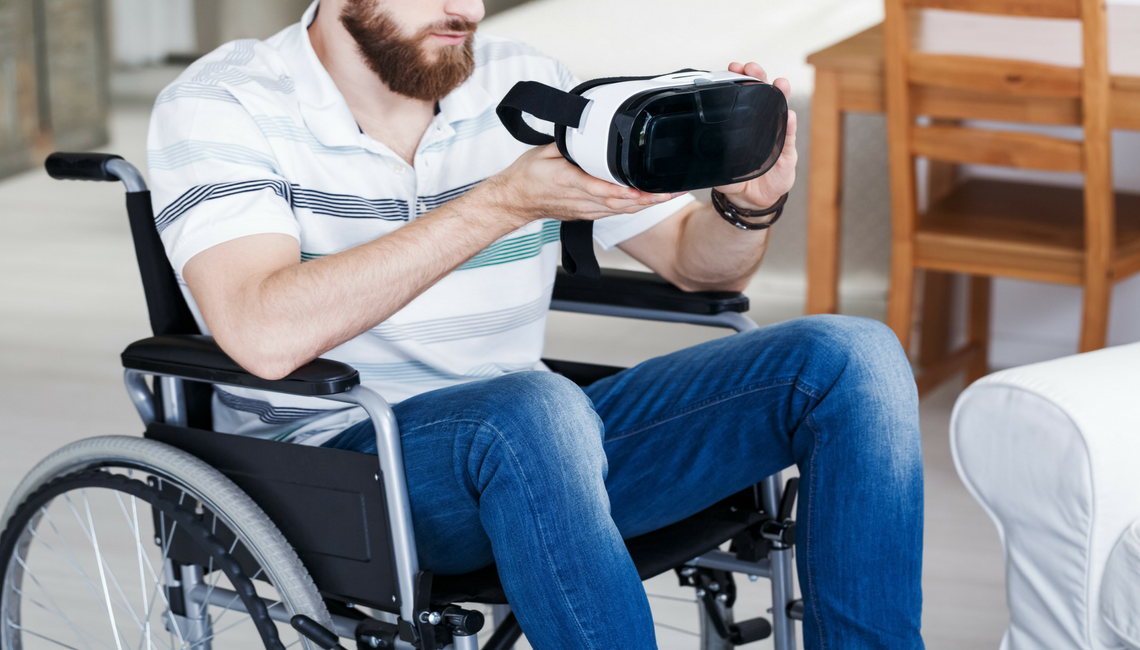Accessible Tech: Inclusivity and Diversity

While many have found different forms of technology that can enhance their daily lives, there has never been a real focus on disability...until now. We have seen a wave of change in the industry to develop and progress technology with accessibility for disabled people as a tangible consideration, which is a fantastic step.
In May, Microsoft released details of an ‘Adaptive Controller’ for the Xbox designed specifically for disabled gamers. Up until now, players have sought help from specialist charities to adjust controllers for games consoles, but these Adaptive Controllers will give people easier access to games they love, according to Microsoft.
And that is not the only step Microsoft have taken in progressing more accessible technology. They have also pledged a $25 million, five-year programme to develop products that use artificial intelligence (AI) to help disabled people in their daily lives.
Similarly, Google have been investing in implementing means of improved accessibility in what they produce. Eve Andersson, the director of engineering for Google’s centralized Accessibility team, believes that Google tech can feature heavily in everyday life by making the physical world more accessible.
Other big brands have seized the opportunity to incorporate accessibility into their products, increasing the tech platform for disabled users. Samsung have worked with engineers as well as medical professionals to create a groundbreaking app called PizzAut. The app allows people with autism to run a pizza restaurant without any help, giving total autonomy and independence.
Philips are another well-known brand who have embraced accessibility. Working together with Accenture, a company who provide services in strategy, consulting, digital, technology and operations, they have created a headset which will allow wearers who have lost physical ability, to control their surroundings by reading brain commands.
Of course, accessibility and consideration of disabled people’s needs doesn’t begin and end with technology. In July this year, Paralympian and reporter for BBC Bristol Sport, Chloe Ball-Hopkins collaborated with online fashion brand ASOS to create an all-in-one suitable for wheelchair users to wear comfortably.
It’s fantastic to see well-known brands taking initiative and incorporating ways to increase accessibility and although there is still much to be done, the progress that have been made so far are a very positive indication of things to come!